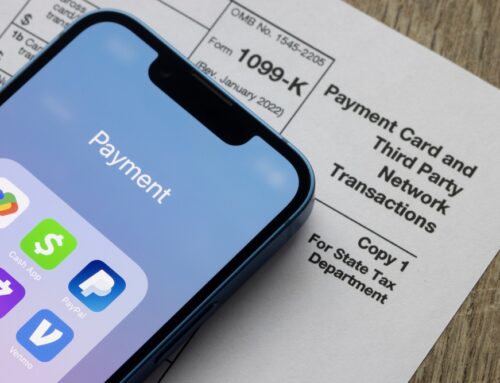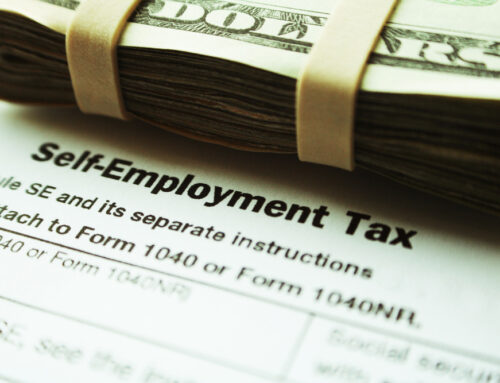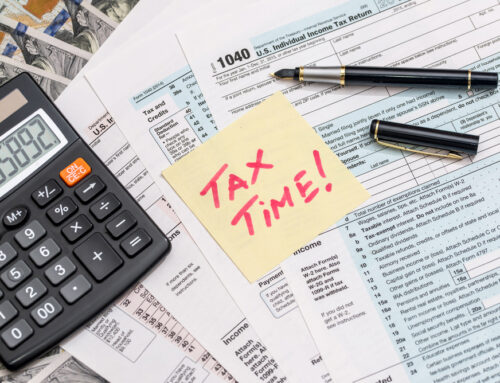Many of you have been waiting patiently for more information regarding the third stimulus payment. Good news — it’s finally here and we have all the most important questions answered for you below (like how much, when, and whether or not you qualify).
Make note that the stimulus payment is not one-size-fits-all and will look differently depending on your income and tax situation.
How much money will I receive?
This is probably one of the most frequently asked questions about the new stimulus. The starting number is $1,400, but there are some caveats that will determine whether you receive more, less, or none at all.
It is important to point out that the income cap is lower with the third stimulus than it was for the previous two. We explain more below:
- If you are single with an adjusted gross income (AGI) less than $75,000 per year, you will receive that nice round $1,400. However, the payment begins to phase out and reduce if you make $75,000 up to a cap of $80,000. If you make greater than $80,000 as a single filer, you do not qualify for the payment.
- If you are married and file jointly, both you and your spouse will receive the $1,400 payment. If you have dependents, you qualify for another $1,400 for each of them. So, a married couple filing jointly with two children can receive up to $5,600. However, the phase out begins if your AGI exceeds $150,000 up to a cap of $160,000.
- If you are filing as head of household, you will receive the $1,400 if your AGI is less than $112,500 and it will be reduced from that point with a cap of $120,000.
Which tax return is the IRS referencing for my stimulus?
The IRS will look at your most recently filed tax return to qualify or disqualify you for the stimulus payment. This is extremely important, because if your AGI is higher on your 2020 tax return than it was on your 2019 return, you may no longer qualify for the new stimulus (especially considering the cap levels are lower than they were previously).
For example, if your AGI was $145,000 as a married couple filing jointly on your 2019 tax return, but your 2020 return shows your AGI to be $163,000, you no longer qualify to receive the stimulus. However, even if this is the case, if you wait to file your 2020 tax return, the IRS will use your 2019 return as a reference point for this stimulus.
At Wych Tax, we’ve been paying extremely close attention to this and have put a hold on some 2020 tax returns if they disqualify clients for the stimulus but their 2019 return does not. We advise you strongly to do the same if you are filing without the help of a tax preparer.
When will I receive my stimulus check?
The IRS sent out the first wave of payments starting March 13-14 and another wave beginning March 17. Payments will continue to go out in the weeks following.
It can’t be known exactly when each person will receive their payment, but if the IRS has access to your bank account information (perhaps from a recent tax payment you made or a previous tax refund they sent you) then your check will likely come faster. Otherwise, you will receive a paper check in the mail, and it may take a bit longer.
The IRS is also processing tax returns already, so that could somewhat slow down the sending out of stimulus checks.
What if I never received my first or second stimulus?
If you have not received either your first or second stimulus payment, your eligibility for those payments will be determined on your 2020 tax return and you will receive them once you file that return if you qualify.
As always, we at Wych Tax are here to be your trusted tax advisors and partner with you to bring you peace of mind. If any of the information above leaves you with further questions, reach out to set up a meeting by visiting our website or calling us at 970-223-0792.






